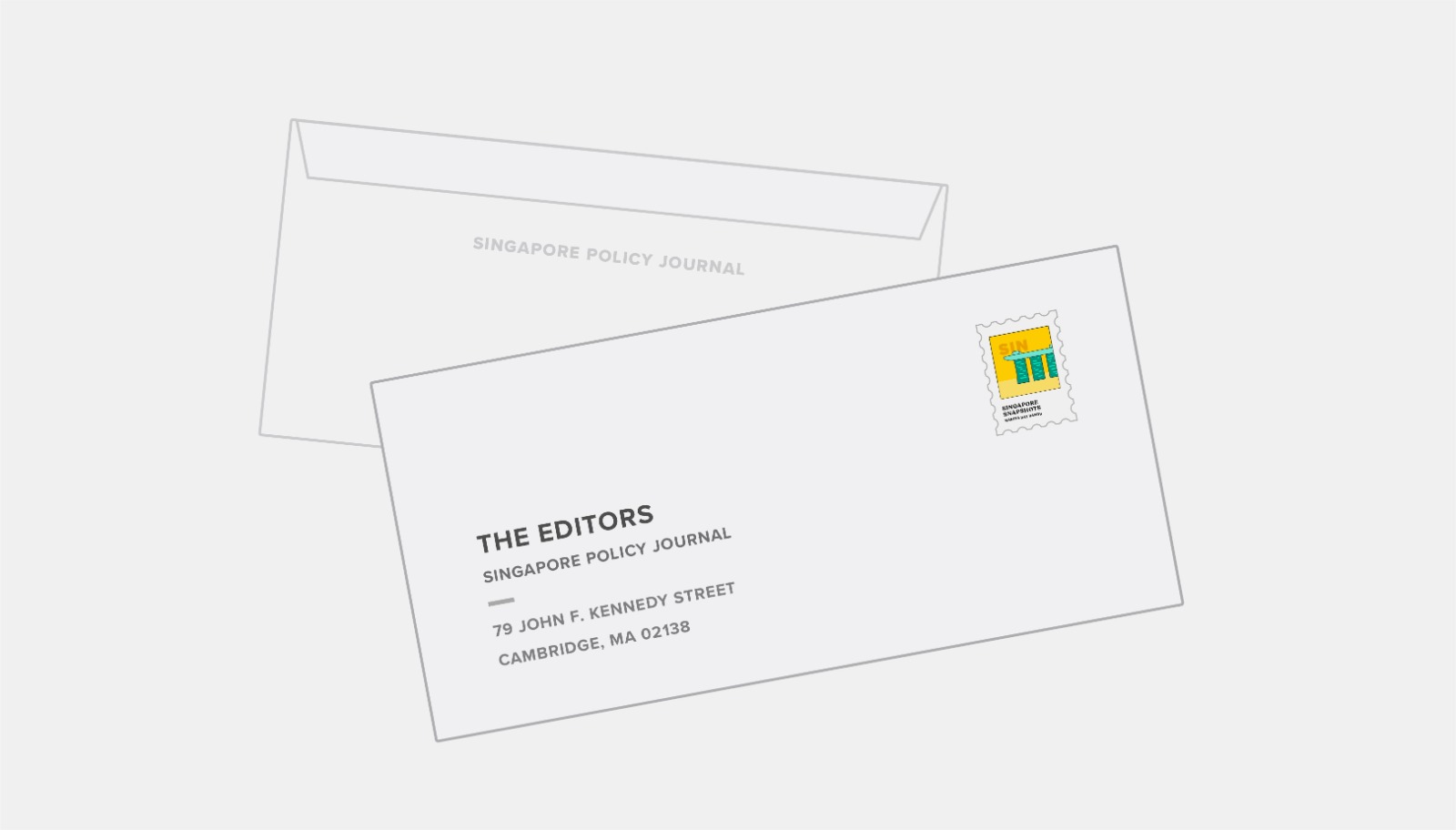Dear editors,
I would like to respond to this thought-provoking op-ed, Rethinking Scholarship Diversity, written by Mr Andrew Chia here.
The op-ed offers an engaging perspective on the issues of meritocracy and elitism in Singapore, especially in its bold recommendations. However, the op-ed could have benefited from insights offered by the books Constructing Singapore: Elitism, Ethnicity and the Nation-building Project by Michael Barr and Zlatko Skrbiš, published in 2008; and The Ruling Elite of Singapore: Networks of Power and Influence, also by Michael Barr, published in 2014.
The latter argued that the prevalence of elite school students in securing PSC scholarships reflects the process of social class reproduction in Singapore, following the template of a model leader crafted by Lee Kuan Yew himself. Barr also highlighted the critical role of the educational system in the differentiation, selection and grooming of “talent”, which resulted in class, gender and ethnic biases in elite formation (his 2008 co-authored book extensively discussed the phenomenon of PSC scholars being overwhelmingly male and Chinese). In other words, PSC scholarships are embedded in broader contexts of Singapore’s political and educational institutions, which are in turn undergirded by particular ideological stances towards “meritocracy” and “communitarianism”.
Thus, it is essential to understand the political and sociological connections among technocratic governance, schooling, social class reproduction and elite mobility before any recommendations are made. Perhaps the problem is not about the limited diversity of PSC scholars, but that Singaporean society has somehow accepted a state-sponsored “aristocracy of merit”.
Aloysius Foo
